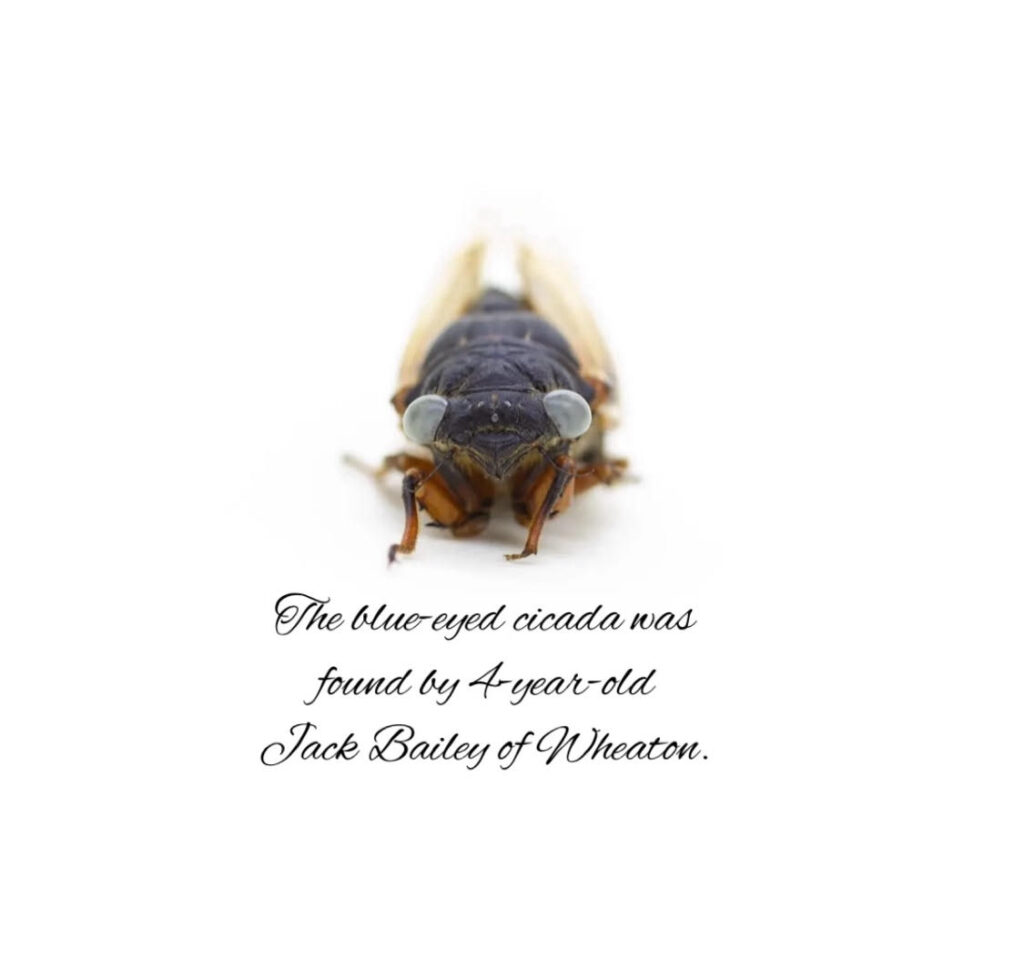
By Asif Khan
The Cicadas, a type of insects, emerged in huge numbers in the Chicago area last month for the first time since 2007.
According to information available on the Internet, the 17-year breeding group overlapped with the 13-year breeding group, which hasn’t happened since 1803 and won’t again until 2245.
These insects are like jumping bugs such as leafhoppers. They have prominent eyes set wide apart, short antennae, and membranous front wings. They have an exceptionally loud song, produced in most species by the rapid buckling and unbuckling of drum-like cymbals. They are harmless to humans, they don’t bite, they don’t stain, and they’re just loud. Their buzz will reach about 90-100 decibels, similar to a lawnmower or a blender.

Experts say cicadas would continue emerging from the ground until June. After emerging, it takes several days before they begin their mating calls.
When the bugs initially surface they actually stay silent for a little while and it takes five days for a cicada to begin singing after it springs from the ground. But with only weeks to live after they emerge, the insects are quick to reproduce. Male cicadas make a loud sound as they rush to attract mates before their life cycle ends. As cicadas begin to die in larger numbers toward the end of the month, it will take a couple weeks for their bodies to decompose back into the soil.
According to the National Museum of Natural History, adult cicadas only have about three to four weeks to live after they emerge from the ground.
Jack Baily, a 4-year-old boy discovered a rare blue-eyed cicada, “One in a million” in his backyard in Wheaton, a suburb of Chicago. The family donated the specimen to the famous Field Museum, which houses a vast collection of cicadas dating back to a century.

Nearly all cicadas have red eyes. It is unknown whether this blue-eyed variant is caused by a genetic mutation or the presence of a rare allele (gene). Nonetheless, it is rare among the population, making these remarkable finds among the many millions of cicadas that have emerged in the Chicago area this spring.
Asif Khan is from Hyderabad, living in Chicago for the last 32 years. A banker by profession he has an interest in painting, poetry and photography. His poetry was published by The Highland Park Poetry Organization and his photographs appeared in Smithsonian Magazine.



